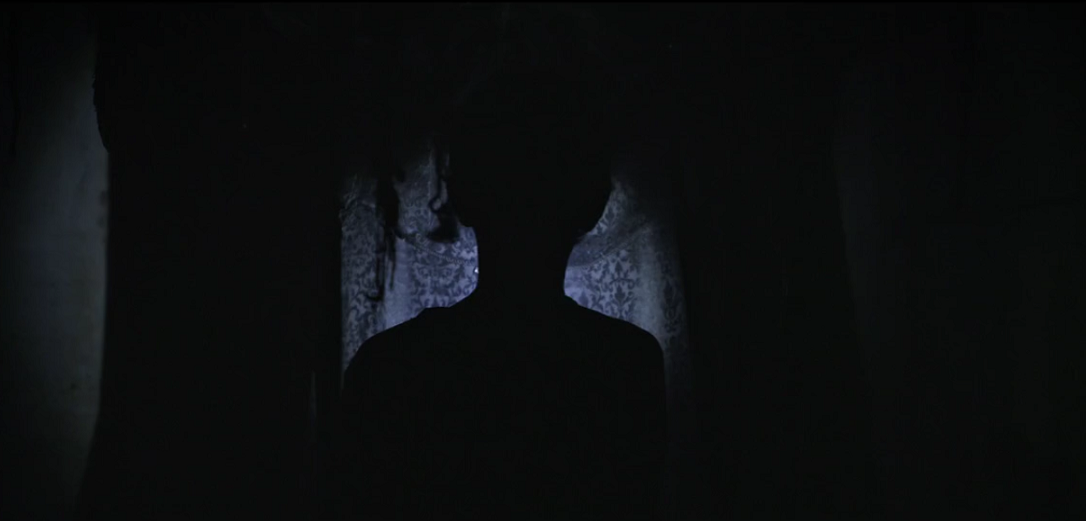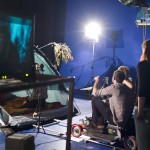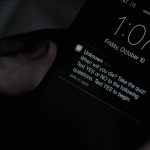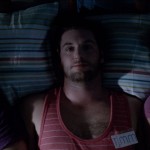By David Pountain
A potent exercise in sustained dread, Judd Myer’s horror short Son is an efficient and effective construction of ominous, claustrophobic imagery, chilling sounds and concise storytelling. Following a young boy left home alone and free to venture away from his playroom toys and into the darker passages of his house, Myers amps up the unease by gradually suggesting an ugly truth that exists beyond the boy’s parent-enforced boundaries and that irrevocably shatters the child’s notions of domestic security.
Speaking to FilmDoo, Myers discusses the meaning and mentality behind this tense and ambiguous work.
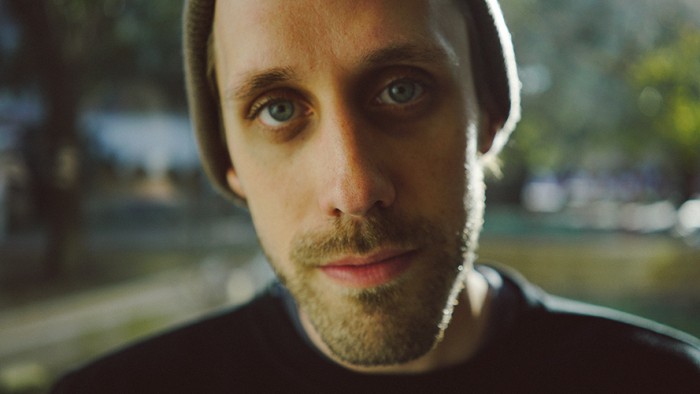
What was the inspiration behind Son?
I had been out of film school for a couple of years and was freelancing and working on friends’ films while I searched for material for my first short film. I was talking with an old friend of mine, Cole Hill, and he mentioned an idea for a short story he had been toying with about a character who finds a hidden room in their house. They explore the room and find that someone had been living in there, many years ago. Eventually the character discovers that they were the one that had been kept in that room, as a young child, and had repressed those memories.
It was a very loose and unformed concept, but I thought it had potential. Rosemary’s Baby is one of my all-time favourite films and I thought that maybe this could be a good jumping off point to do something similar. So we began to steer things in that direction and worked together to fill in the blanks. We developed the characters and their backstories, and then we did an outline, at which point I was ready to sit down and write the script.
When you were making the film, did you have any distinct notions of what the boy discovers or was it always intended to be open to interpretation?
It was always intended to be open for interpretation, that’s something we decided on very early on before the script was even written. Having said that, we knew it was important for us as writers to know exactly what it is that the boy discovers, even if we weren’t planning on showing it. If you don’t know what’s going in your character’s heads or what’s at stake in any given moment, then how are you supposed to know what they’ll do next? So yes, we do have an answer. But we left it out because we felt that no matter what we showed it wouldn’t be satisfying, and that whatever the audience imagined would be much more effective.
I’ve always preferred movies that leave space for the audience to pick and choose what clues to focus on as they go. I think it forces them to be an active participant in the experience and makes it more enjoyable. I want people to have their own unique experience and walk away with plenty to think about and discuss. And hopefully it leaves them wanting more.
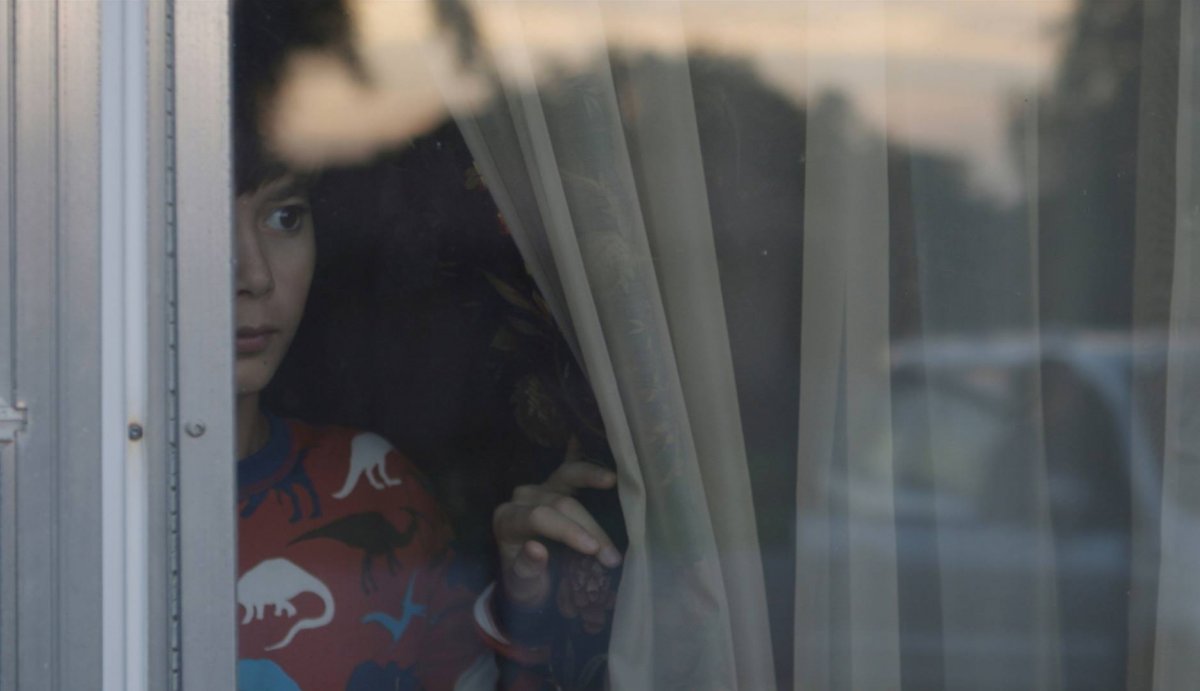
Was the film’s narrative construction heavily influenced by the older, less-is-more varieties of horror?
Absolutely. As I mentioned before, Rosemary’s Baby was a big influence, and that’s a movie that suggests more than it shows. But most of those old horror films were made that way because they didn’t have the budget for monsters and special effects, so they were forced to get creative and stimulate the audience’s imagination instead. And the films were often scarier that way. So that less-is-more approach is a sensibility that translates perfectly when dealing with the restrictions of making a no-budget short film.
I’ve also always been a fan of filmmakers that use as little dialogue as possible and tell their stories through visuals, sound, editing, and performance. Hitchcock and “˜70s era Brian De Palma certainly come to mind. And since our script was essentially a silent film, with a character left all alone in an empty house, that approach seemed appropriate. So we focused on telling the story visually, and sustaining a tone that holds the audience in a state of constant anticipation, waiting to see what will happen next.
Would you say that the fears and anxieties expressed in the film are a universal part of any childhood?
I would think so. I remember the smallest things would scare me stiff when I was left home alone as a child. It’s a very vulnerable and helpless feeling being on your own at that age. I also remember curiously digging through my parents things when they were gone. There was something exciting and terrifying about doing things you know you’re not supposed to do and finding things that you’re not supposed to find.
But I think all children have anxieties about losing their parents, or even worse, finding out that the people they rely on most aren’t who they say they are. I think that most people experience similar thoughts at some point in their childhood.
Do you have any other projects in the works?
I’m writing a few more short scripts at the moment and trying decide which one to make next. I’m also trying to develop feature scripts, as I’d like to make a feature after I get another short or two under my belt. In the meantime, I’m producing my friend, Daniel Laabs’ first feature. It’s called Jules of Light and Dark, and we’re trying to find the money to get that made. I’m also working on a couple of music videos for some local bands here in Texas. So I’m having fun with those for now and hoping to have another short ready to shoot later on this year.

